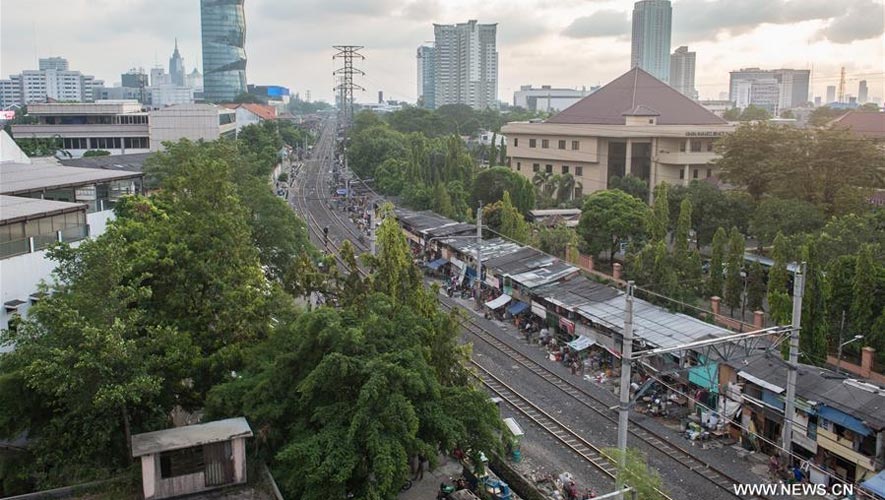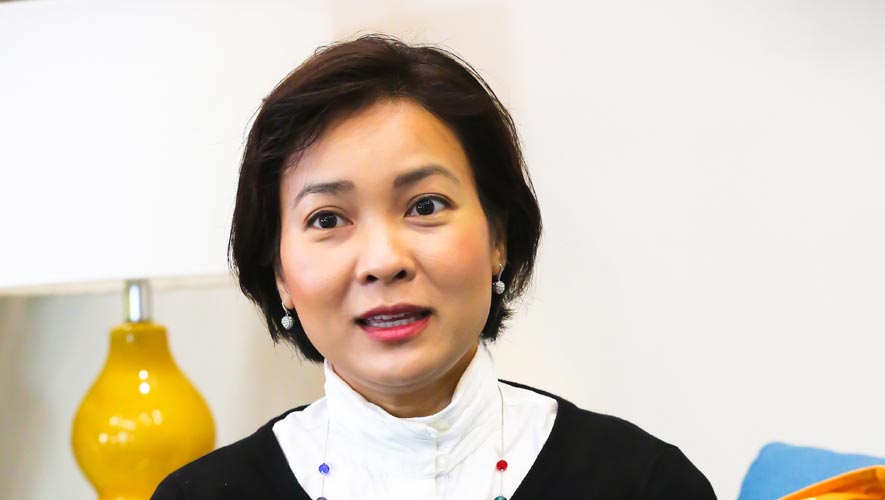Indonesian President Joko Widodo has launched three special economic zones (SEZs) situated in strategic business areas in an effort to lure more investment and accelerate economic growth in the territory.
For the latest Cambodian Business news, visit Khmer Times Business
The SEZs are situated alongside the shipping lines for international trade and a pathway for the migration of tuna, providing abundant raw material for fishing industry, a statement from the chief economic minister Darmin Nasution revealed here.
The three special economic zones which are located in 2,200 hectares of land is expected to lure 110 trillion rupiah (about 7.7. billion U.S. dollars) investment and create 120,000 new jobs by 2025.
“We hope that the existence of the SEZs will expand manufacturing and other industries, and accordingly we will no longer export raw materials…,” President Widodo said in the statement during the launch ceremony in Manado of North Sulawesi province.
The zones are located in the province of East Kalimantan, North Sulawesi and North Maluku in central and eastern parts of the country.
Under the SEZs status, the government will provide preferential treatment for investors, including removing export duties for producing exported products, easier land and employment regulations.
By far, a combined 5.24 trillion rupiah (about 3.67 billion U.S. dollars) investment commitment has been pledged by investors.
The Indonesian government has been trying to speed up economic growth in recent years, and subdued foreign direct investment during the weakening global economy has edged off demands of Indonesia’s exported products and prompted capital outflows which led the central bank to end economic stimulus. (China Daily)




